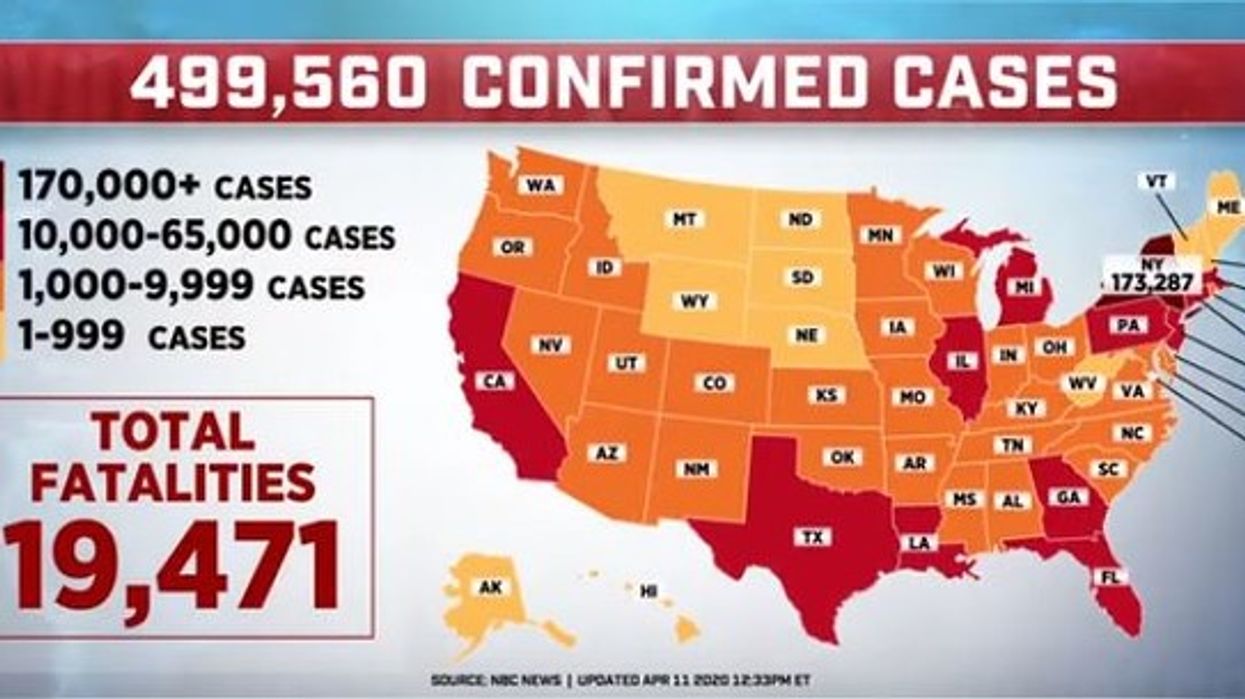New Kaiser Report Reveals Terrible Cost Of Vaccine Refusal
Reprinted with permission from DailyKos
COVID-19 is now the second-leading cause of death in the United States, despite the availability of safe, effective, and free vaccines. The promise of those vaccines showed itself when they first became widely available and COVID-19 dropped to be seventh on the list of causes of death.Then came the Delta variant, and the levels of vaccination in the U.S. were not enough.
That proved deadly: A new study concludes that 90,000 deaths could have been avoided over a period of four months, from June through September, if more people had gotten vaccinated.
COVID-19 was the top cause of death in the U.S. for a period in late 2020 and early 2021, beating out the usual reliable No. 1 of heart disease. But by June, COVID-19 had dropped below cancer, accidents, stroke, and other respiratory illnesses—down by Alzheimer's. Not anymore.
In September, according to the estimate released by the Peterson Center on Healthcare and the Kaiser Family Foundation, COVID-19 was the top cause of death for people aged 35 to 54, second on the list for people 25 to 34 and 55 to 64, and third for people 65 and older. It was fourth for people aged 15 to 24, sixth for children 5 to 14, and seventh for children 1 to 4. The under-12s are still waiting for a vaccine to be authorized, but for everyone else, that didn't need to happen.
More than half of the 90,000 preventable deaths—49,000 of them—occurred in September alone. Deaths declined somewhat in early October, but we're still talking about a seven-day average over 1,600 deaths per day. Most of them preventable.
Meanwhile, Republicans are making opposition to vaccine mandates a core part of their party identity, above even fealty to corporate power. In this new study, we see the deadly cost of that stance.


